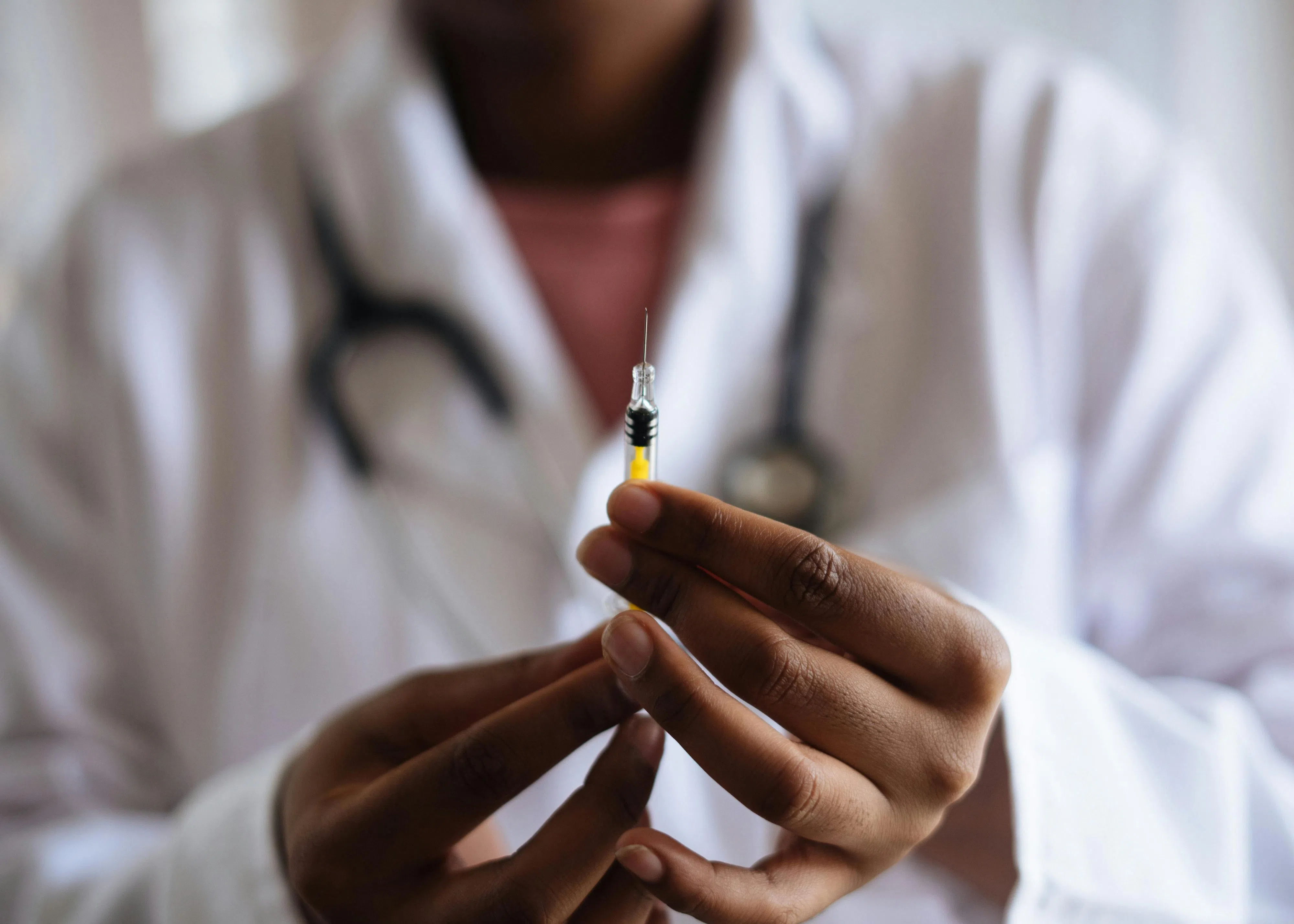
“We have good vaccination coverage," says Dr. Summers with the MLHU.
Warnings have officially been issued in three provinces, including Ontario, for invasive meningococcal disease.
The disease is described as an uncommon, but serious, illness that causes meningitis and bloodstream infections.
Toronto Public Health has logged 13 cases of invasive meningococcal disease so far in 2024, now higher than the total number of recorded infections per year since 2002.
“We don’t see that many cases in the London and Middlesex region, and we have not seen any cases to date in 2024,” says Dr. Alexander Summer with the Middlesex London Health Unit.
“However, we have to be very vigilant for this type of infection, and there are some vaccinations to protect people, which is critical.”
Severe cases can result in delirium as well as a coma and, if untreated, toxic shock and possibly even death with an overall mortality rate of approximately 10 per cent. Of the cases in Ontario so far, two of them have been fatal, consisting of both an adult and a child.
“You might get some more broad spectrum symptoms like a fever, aches, joint pain, but really what characterizes a meningococcal infection is things like a headache or a really stiff neck or light sensitivity. Those are the symptoms that can come on suddenly and can progress very quickly.”
Dr. Summers adds it can also have long lasting complications for those who do survive, ranging from hearing loss, neurological disabilities, as well as requiring possible digit or limb amputations.
The groups that are most at risk include infants, adolescents, and adults over 80 years of age, but Summers says the disease spreads fastest in one main area.

“We have not seen any cases to date in 2024,” says Dr. Summers with the MLHU regarding numbers for London.
“The spread of meningococcal disease between people can spread quickly in an unvaccinated population that is in close proximity with each other. So if people are living in a congregate setting and there are unvaccinated individuals, that’s where we might see transmission.”
While the disease itself is serious, experts are not expecting any exponential increases in cases, with it being fairly easy to keep yourself protected.
“We’re fortunate,” says Summers.
“We have good vaccination coverage against most of the bacteria that would cause this type of infection, but we want to keep vigilant and make sure that people are aware that this is something that can happen and that they respond quickly if they do get some of those symptoms like the stiff neck or increased sensitivity to light.”
A vaccine is often given free to children at 12 months of age as well as in Grade 7. Those who are unvaccinated, and do not have coverage, can pay $160 per dose with their local healthcare provider.


